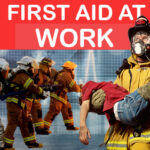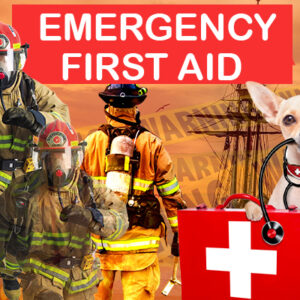Description
 CONTACT US FOR MORE INFO A traffic marshal course provides individuals with the necessary skills and knowledge to effectively manage traffic flow and ensure safety on roads, construction sites, events, or any other location where traffic management is required. Here’s an overview of what such a course typically covers:
CONTACT US FOR MORE INFO A traffic marshal course provides individuals with the necessary skills and knowledge to effectively manage traffic flow and ensure safety on roads, construction sites, events, or any other location where traffic management is required. Here’s an overview of what such a course typically covers:
1. **Traffic Management Regulations**: Participants learn about the relevant laws, regulations, and codes of practice governing traffic management in their region or country. This includes understanding the responsibilities of a traffic marshal and their legal obligations.
2. **Safety Procedures**: Safety is paramount in traffic management. Participants are trained in safety procedures to protect themselves, motorists, pedestrians, and workers in the vicinity. This may involve learning about the proper use of personal protective equipment (PPE), signaling techniques, and emergency response protocols.
3. **Traffic Control Techniques**: Traffic marshals are taught how to control traffic effectively using various methods such as hand signals, traffic cones, barriers, and signage. They learn how to manage different types of intersections, roundabouts, and road layouts to maintain smooth traffic flow.
4. **Communication Skills**: Clear communication is essential for a traffic marshal to convey instructions to drivers, pedestrians, and other team members. The course may include training in verbal communication techniques, radio usage, and effective communication in stressful situations.
5. **Conflict Resolution**: Traffic marshals often encounter challenging situations, such as dealing with irate drivers or managing conflicts between different road users. Training may cover conflict resolution strategies and de-escalation techniques to handle such scenarios peacefully and safely.
6. **Site-Specific Training**: Depending on the work environment, participants may receive site-specific training tailored to the particular challenges and hazards they may encounter. This could include understanding the layout of a construction site, event venue, or roadwork zone, as well as any unique traffic management requirements.
7. **Practical Exercises**: Hands-on training is a crucial component of a traffic marshal course. Participants typically engage in practical exercises to apply the knowledge and skills they’ve learned in simulated or real-world scenarios. This allows them to gain confidence and proficiency in managing traffic effectively.
8. **Assessment and Certification**: Upon completion of the course, participants may undergo assessment to demonstrate their competence in traffic management. Successful candidates receive a certification or accreditation, which may be required for employment as a traffic marshal.
Overall, a traffic marshal course equips individuals with the expertise needed to play a vital role in maintaining safety and order on roads and other traffic environments, contributing to the smooth operation of transportation systems and the protection of public safety.












Reviews
There are no reviews yet.